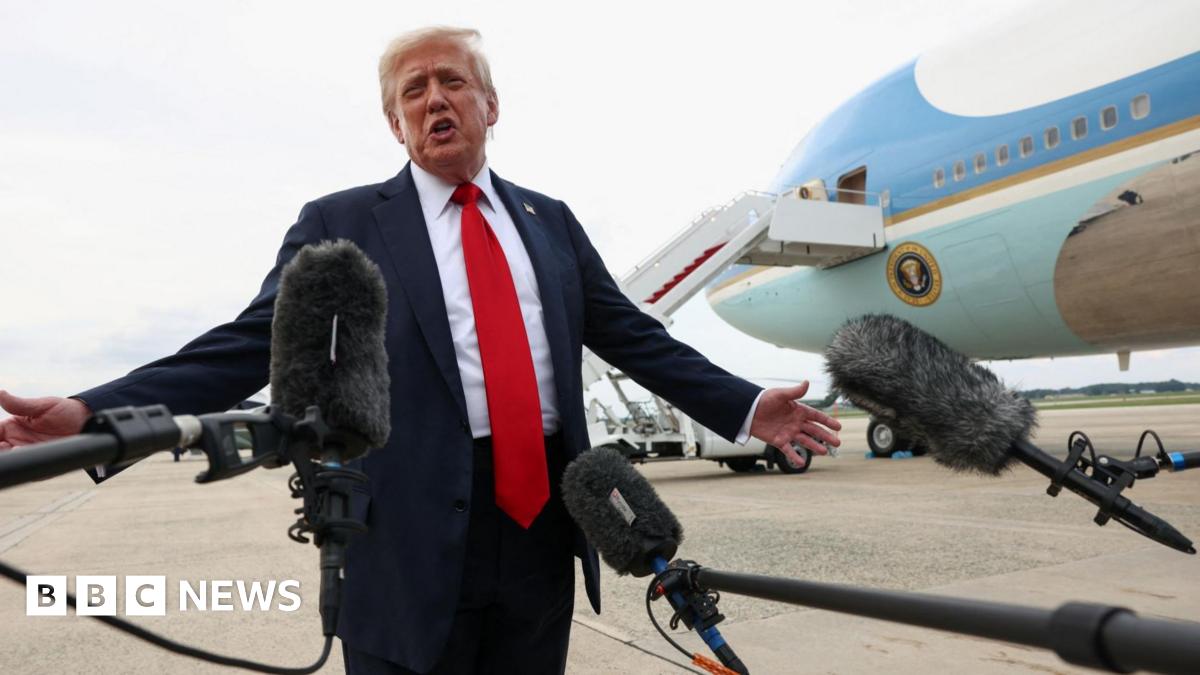From Deficit Denial to Debt Embrace: How Republicans Have Normalized Crushing National Debt

WASHINGTON - Remember Dick Cheney's infamous declaration that "deficits don't matter"? Two decades later, it seems a significant portion of the Republican party is actively validating his perspective, adding yet another colossal, multi-trillion-dollar layer to the national debt. This shift in attitude, once unthinkable, raises critical questions about fiscal responsibility and the long-term economic health of the United States.
For years, Republicans championed fiscal conservatism, advocating for balanced budgets and limited government spending. The mantra was clear: control spending, reduce debt, and foster economic growth. However, recent actions and policy decisions paint a starkly different picture. The surge in national debt isn't solely attributable to Democratic administrations; Republican policies, particularly significant tax cuts and increased military spending, have played a substantial role.
The Cheney Legacy and a Changing Landscape
Cheney's statement, made during the George W. Bush administration, initially sparked outrage. But the subsequent years witnessed a gradual erosion of concern surrounding the national debt, particularly within Republican circles. Several factors contributed to this change. The Iraq War, the 2008 financial crisis, and more recently, the COVID-19 pandemic, all necessitated significant government spending, blurring the lines of traditional fiscal conservatism. Furthermore, the rise of populist politics and a focus on tax cuts as a primary economic driver further incentivized debt accumulation.
Tax Cuts and Military Spending: The Drivers of Debt
The 2017 Tax Cuts and Jobs Act, spearheaded by the Trump administration and supported by a Republican-controlled Congress, dramatically reduced corporate and individual tax rates. While proponents argued it would stimulate economic growth, the reality has been a significant increase in the national debt. Simultaneously, Republicans have consistently prioritized increased military spending, often without corresponding cuts in other areas of the budget. This combination of tax cuts and increased spending has created a perfect storm for debt accumulation.
The Paradox of Republican Fiscal Policy
The current situation presents a paradox. Republicans often criticize Democratic spending proposals, yet they have presided over periods of significant debt increases. This apparent contradiction has led to accusations of hypocrisy and a questioning of the party's commitment to fiscal responsibility. Some argue that the focus has shifted from long-term fiscal health to short-term political gains, prioritizing tax cuts and appealing to specific constituencies over responsible budgeting.
The Long-Term Consequences
The continued accumulation of national debt carries significant long-term consequences. It can lead to higher interest rates, reduced investment, and a slower rate of economic growth. It also limits the government's ability to respond to future crises and can create intergenerational burdens, saddling future generations with the responsibility of paying off the debt.
Looking Ahead: A Return to Fiscal Prudence?
As the political landscape continues to evolve, it remains to be seen whether Republicans will return to their traditional emphasis on fiscal conservatism. The current trajectory, however, suggests a normalization of high levels of national debt, a trend that could have profound implications for the nation's economic future. The debate over the national debt is far from over, and the choices made by policymakers in the coming years will shape the economic destiny of the United States for decades to come.






